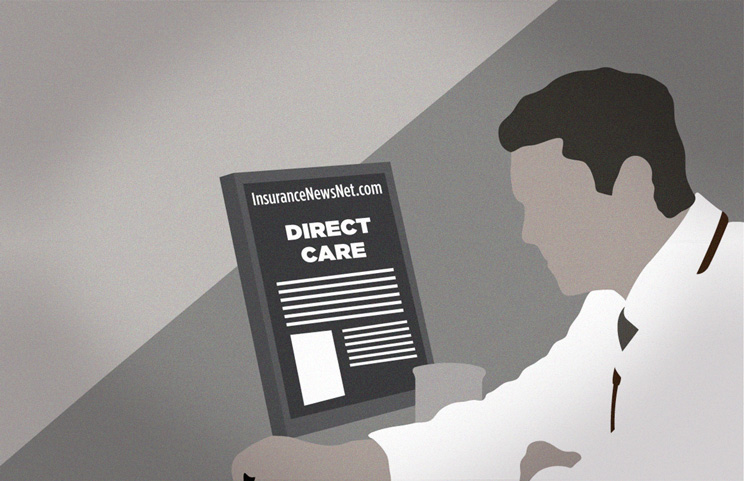 Remember the moment you realized you wanted to go to med school? It was definitive: helping people is what you wanted to do with your life. You were probably scared, a little nervous, but mostly excited out of your mind. You had a mountain to climb; you were under no false pretenses that it would be easy. But the steps were laid out for you. Take this class, learn this method, become excellent. So you did. You experienced endless sleepless nights of studying and the death of your social life. Even so, you put one foot in front of the other on this path so many before you had walked. You knew where it would lead; you couldn’t get there fast enough. And so when it came time to walk across the stage, your exhausted bones knew it was the end of an era. No more tests, no more classrooms.
Remember the moment you realized you wanted to go to med school? It was definitive: helping people is what you wanted to do with your life. You were probably scared, a little nervous, but mostly excited out of your mind. You had a mountain to climb; you were under no false pretenses that it would be easy. But the steps were laid out for you. Take this class, learn this method, become excellent. So you did. You experienced endless sleepless nights of studying and the death of your social life. Even so, you put one foot in front of the other on this path so many before you had walked. You knew where it would lead; you couldn’t get there fast enough. And so when it came time to walk across the stage, your exhausted bones knew it was the end of an era. No more tests, no more classrooms.
You graduated! You did it! You reached the end of the road . . . you’re laughing now, right? (Yeah, it was hard to even write that.) Everybody knows that not only does the road NOT end at graduation, but that’s when it gets steep. Really, really steep. Your internship, residency and fellowship were no joke; you often wondered if there were somehow more than 24 hours in your day because you seemed to fill up every single one of them and then some. You had to make some really hard decisions: would you specialize? In what? Who did you want to learn from in the real world? Where did you want to live? Where did your biggest opportunities lie? How could you care for people the best way you knew how?
You worked harder than you ever thought you could, poured over all your options. Again, you wisely followed the footprints of others who had run this marathon before. As the light at the end of the tunnel drew nearer, you watched as your career began to take shape.You fought for the letters that now followed your name and you believed in every word of the oath you took. And suddenly, although there was still so much to learn, you’d come to the end yet again. You were no longer under anyone’s wing. It was just you. And your patients.
Or so you thought. Read more


